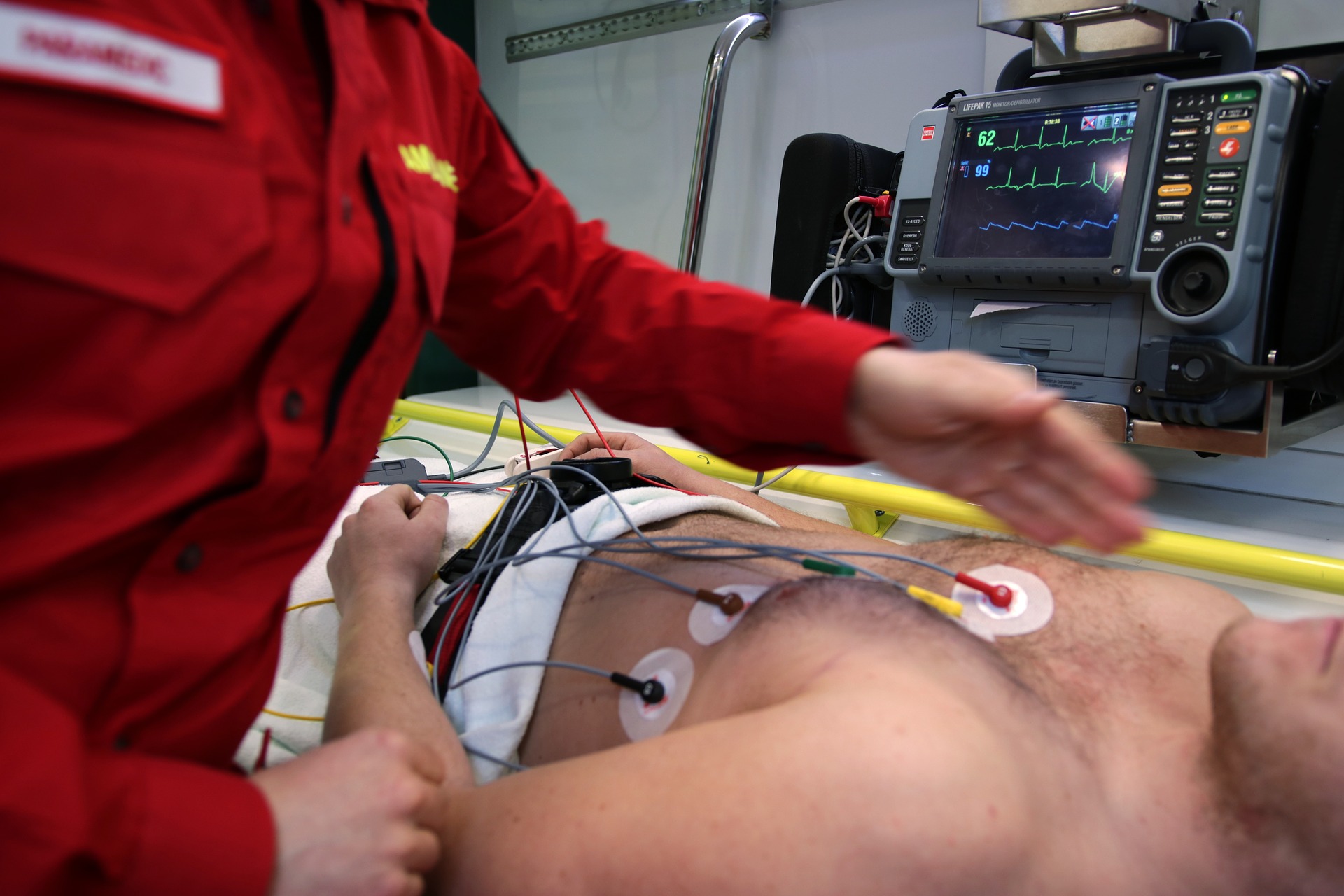“Next to creating a life, the finest thing a man can do is save one.” – Abraham Lincoln
The suicide rate among EMTs is now significantly higher than compared to non-EMT professionals in the state of Arizona, according to the Emergency Medical Services Council. The EMS Council is a governor-appointed group of individuals that have oversight of the delivery of Emergency Medical Services in the state of Arizona.
From 1988 to 2007, I worked at Southwest Ambulance. I started as an EMT and by the time I left Southwest Ambulance, I ran all the Operations for Rural/Metro Southwest Ambulance. During the 80’s and 90’s, the terms Critical Incident Stress Management (CISM) and Critical Incident Stress Debriefing (CISD) were prevalent. When calls bothered EMTs, they would then have a debriefing afterward to support the mental impact of what they saw and experienced. A drowning. A bad car accident where children died. Deaths involving children are usually the calls that haunt first responders closely followed by coworkers who lost their lives in the line of duty.
In the last 20 years, those CISM and CISD debriefings have disappeared. Today, what different entities do when it comes to employee assistance programs pertaining to mental health among EMS providers is siloed and inconsistent. There is no streamlined system or process that connects all emergency medical providers to easily-accessible resources that promote psychological and emotional health.
Our solution is to establish a foundation that meets the needs of all EMS professionals: EMSHelp.org. EMSHelp.org strives to support Emergency Medical Services responders in two ways:
- Reactive: EMSHelp.org will enable Emergency Medical Services providers with the ability to speak with someone through a peer-support program. In this peer-support program, an EMS professional can talk about a hard call they were on via text message, chat, phone call or in-person. This helpline is free of cost whenever an EMS professional may need it, 24 hours a day, 365 days a year.
- Proactive: EMSHelp.org will work to implement strategic mental health curriculum within the training necessary for first responders and Emergency Medical Services providers. The curriculum will teach all EMS professionals how to recognize when their loved one in the field is having a problem and refer them to a professional resource. Teaching EMS responders to recognize signs of declining mental and emotional health during their training and how to preserve their mental stability is critical.
We are excited to share the appointment of our Inaugural Board of EMSHelp.org: Dr. Ben Bobrow, Tom Dwiggins, Jim Hayden, Will Humble, Glenn Kasprzyk, Marc Leib, and Rob Richardson.
Dr. Ben Bobrow is Chairman of the Board for EMSHelp.org. He is an emergency room physician and a Distinguished Professor of Emergency Medicine with Tenure at the University of Arizona College of Medicine. Additionally, he serves as the Medical Director for the Arizona Department of Health Services’ Bureau of EMS and Trauma System and Associate Director of the Arizona Emergency Medicine Research Center-Phoenix.
Tom Dwiggins is the Fire Chief of the City of Chandler Fire Department in Arizona. A veteran of the Air Force, Chief Dwiggins started as a firefighter for the City of Chandler in 1998. Chief Dwiggins also earned the Chief Fire Officer designation from the Center for Public Safety Excellence.
Jim Hayden is a serial entrepreneur and CEO of Board Developer, an international consulting firm. Previously, Jim invested 25 successful years in healthcare as a clinician, leader, and an administrator.
Will Humble was the Executive Director for the Arizona Public Health Association and an effective public health leader with over 25 years of experience successfully leading public health programs.
Glenn Kasprzyk is the Chief Operating Officer for American Medical Response, the largest ambulance company in the world. As COO, Glenn oversees all Arizona operations for AMR.
Marc Lieb, M.D., J.D., practiced medicine in the private sector for 25 years. Marc previously served as President of the Arizona Society of Anesthesiologists (ASA) and the Arizona Medical Association (AMA). served just over 10 years as the Chief Medical Officer of the Arizona Health Care Cost Containment System (AHCCCS), Arizona’s Medicaid Program.
Rob Richardson is a retired Battalion chief from a fire department in Nevada. Currently, he is a licensed paramedic and CEO of Community Ambulance in Southern Nevada. His employees at Community Ambulance were the first responders to the shooting at Mandalay Bay in October of 2017.
If we prevent one EMT, paramedic, RN, policeman, fireman, or 911 dispatcher from committing suicide by supporting them with free resources and equipping them with the skills and knowledge to better preserve their mental health, then we have succeeded. It’s time to take better care of our Emergency Medical Services providers who sacrifice their health to take care of us.

